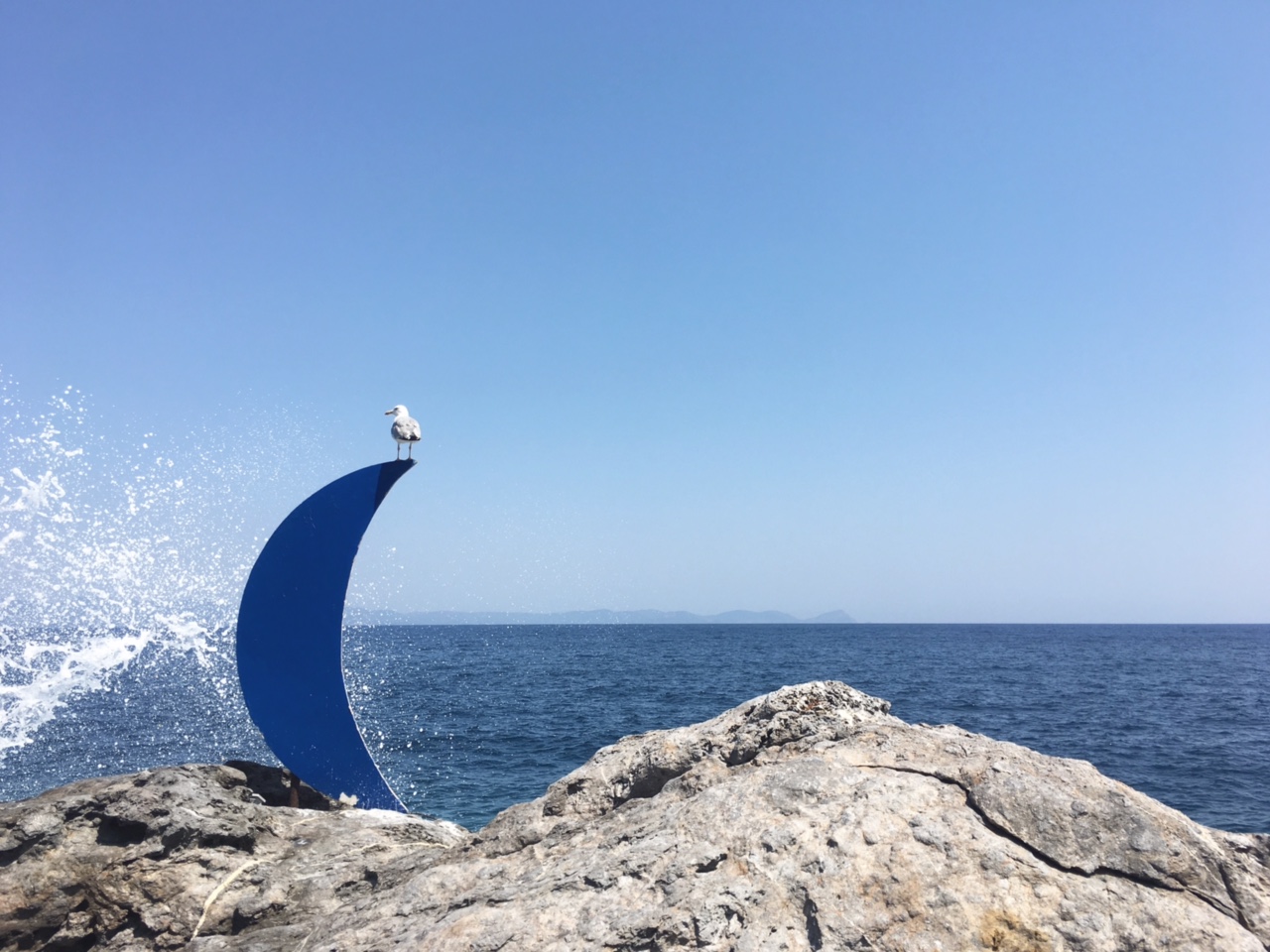Mentoring is widely supported in many educational systems; In order to enhance teaching effectiveness and professional growth, ongoing guidance is provided by mentors in countries around the world, even to appointed teachers. The current literature review mentions a distinction between the bureaucratic-managerial and the participatory model and also between conventional and educational mentoring models. Additionally, the knowledge transmission and the knowledge transformation models are proposed by some researchers. The managerial, conventional and transformational models are based on the behaviorism, which perceives learning as an accumulation of knowledge provided by experts. The participatory, educational and knowledge transformation models are based on constructivism theory, according to which mentor leads mentees to discover new knowledge and theory based on their own previous knowledge.
By focusing on recent theories of teachers’ learning and mentoring and the research data of a case study, a peer group mentoring model (PGM) was created and implemented to a junior high school of Eastern Thessaloniki in Greece with six teachers as mentees and the researcher in the role of the mentor. The research took place from October 2016 to May 2017. The peer group mentoring model developed in our study combines the technocratic and participatory mentoring models, concentrating particularly on the principles of the constructivism, transforming mentees into active learners.
Participants were involved in the mentoring relationship through the development of effective strategies, such as peer observation, collaborative culture and reflective process under mentor’s guidance.
Focusing on the participants’ professional needs and on the actual teaching in classroom, a new perspective with a direct and specialized training within the workplace was provided. The mentor, an expert teacher coming from the same school unit, provided continuous feedback and support to mentees, by involving them in teaching, observation, feedback and reflection as a group; as a result, the participants adopted innovations, changed attitudes and developed new relationships.
The peer group mentoring model is presented in the course: Mentoring at schools: new relationships are established
Full article : http://www.aijcrnet.com/journal/index/1147
References
Aspfors, J. & Fransson., G. (2015.) Research on mentor education for mentors of newly qualified teachers: Α qualitative meta-synthesis. Teaching and Teacher Education, 48, 75-86.
Bullough, R.V., Young, J. R., Hall, K. M., Draper, R. J. & Smith, L. K. (2008). Cognitive complexity, the first year of teaching, and mentoring. Teaching and Τeacher Education, 24, (7), 1846-1858.
Devos, A. (2010). New teachers, mentoring and the discursive formation of professional identity. Teaching and Teacher Education, 26, (5), 1219-1223.
Geeraerts, K., Tynjala, P., Heikkenen, L.T.H., Pennanen, M. & Gijbels, D. (2015). Peer-group mentoring as a tool for teacher development. European Journal of Teacher Education, 38, (3), 358-37.
Ginkel, G., Verloop, N. & Denessen, E. (2016). Why mentor? Linking mentor teachers’motivations to their mentoring conception. Teachers and Teaching: theory and practice, 22, (1), 101–116.
Harrison, J., Dymoke, S. & Pell, T. (2006). Mentoring beginning teachers in secondary schools: an analysis of practice. Teaching and Teacher Education, 22, (8), 1055-1067.
Κapachtsi, V. & Kakana, D. M. (2014) Traditional classrooms transformed into modern school environments through collaborative action research. International Journal of Elementary Education, 3, (3), 58-64.
Luo, W-H. (2013) An exploration of professional development programs for teachers of collaborative teaching of EFL in Taiwan: A case study. Asian Pacific Education, 23, (3), 403-412.
Orland-Barak, L. (2010). Learning to Mentor –as-Praxis: Foundations for a curriculum in teacher Education. NY: Springer.
Pennanen, M., Geeraerts, Κ., Tynjala, P. & Markkanen, I. (2014). The Finnish Peer-Group Mentoring Model. Finnish Institute for Educational Research, University of Jyväskylä, Finland. Retrieved from http://www.osaavaverme.fi/en/dissemination.





